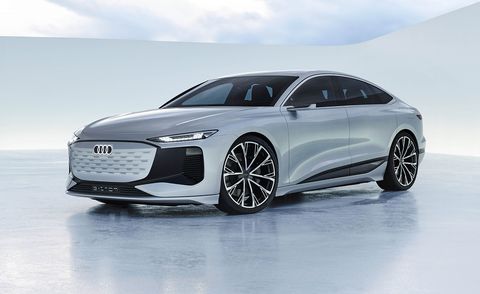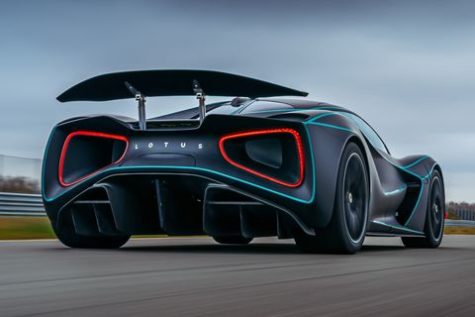Are electric cars the future?

“Because there are less moving parts, no engine oil to leak, no maintenance needed on the engine, because there isn’t one,” says Mr. Walcott.
One percent of cars, trucks, and SUVs that are on the road in the United States are electric. Of all registered vehicles in the United States, 4.6% of them are electric. This is according to Car and Driver magazine in August 2022. These numbers might surprise people because of the amount of the electric cars you see on the road.
It’s better for the environment and for driving longer distances.
Drivers
The drivers of electric cars have to think about the expense of service and repairs. Mr. DeWitt, automotive technician and parts manager, says “Normally, routine maintenance and minor repairs do not cost any more than a regular car. If you get into replacing the hybrid battery or the electric motors that is where it gets expensive.”
Electric cars are easier to work on “ because there are less moving parts, no engine oil to leak, no maintenance needed on the engine, because there isn’t one,” says Mr. Walcott, an automotive service technician. He also thinks it’s harder “because they are more technical, and more dangerous. Lots of manufacturers are using 300 volt batteries. The high voltage can kill someone who isn’t properly trained.”
Owners
Owners of an electric car need to think about charging at home and while traveling. It’s Mr. Walcott’s opinion that “we need to have enough charging stations and an electrical grid that will support 100% electric cars.” Him and Mr. DeWitt agree on “The electric grid could not handle if everyone had to charge their cars.”
For example Subaru does not have an EV but the resale value is 66% of their new vehicles. Compare that with Tesla and their resale value is 58% of its new vehicles. For charging most stations charge per minute not per kW. The average cost for charging per minute is $0.22. Typically the price for an EV is higher than a gas vehicle. The savings of fuel come out to $4,700 or more over the first seven years. Many brands that have an EV will have their advantages of saving money. The typical EV owner that does at home charging save $800 – $1,000 a year. The total cost of ownership varies with region, electricity-service rates, access to charging, etc. Tesla announced that they will be releasing an EV that cost $25,000 within the next year, signaling that we might see the cost of EV’s go down.
Both Mr. Walcott and Mr. DeWitt agreed that having electric semis would cause major issues. “Just because my friend can drive 6 miles to work in his Chevy Bolt, doesn’t mean that we can efficiently transport goods across this country in electric semi-trucks,” says Mr. Walcott.
All the hype around electric vehicles some things to think about.“Why do Toyota and Honda not have an EV ?” asks Mr. Walcott. Also, “who is pushing for an electric car future? Who is fighting it?” Do you think electric cars are the future?
About the Contributor
Dylan McGoran, Staff Writer
Dylan McGoran is 17 years old and goes to Jenison High School. Dylan loves to play baseball and loves long walks on the beach. Dylan enjoys working on...





